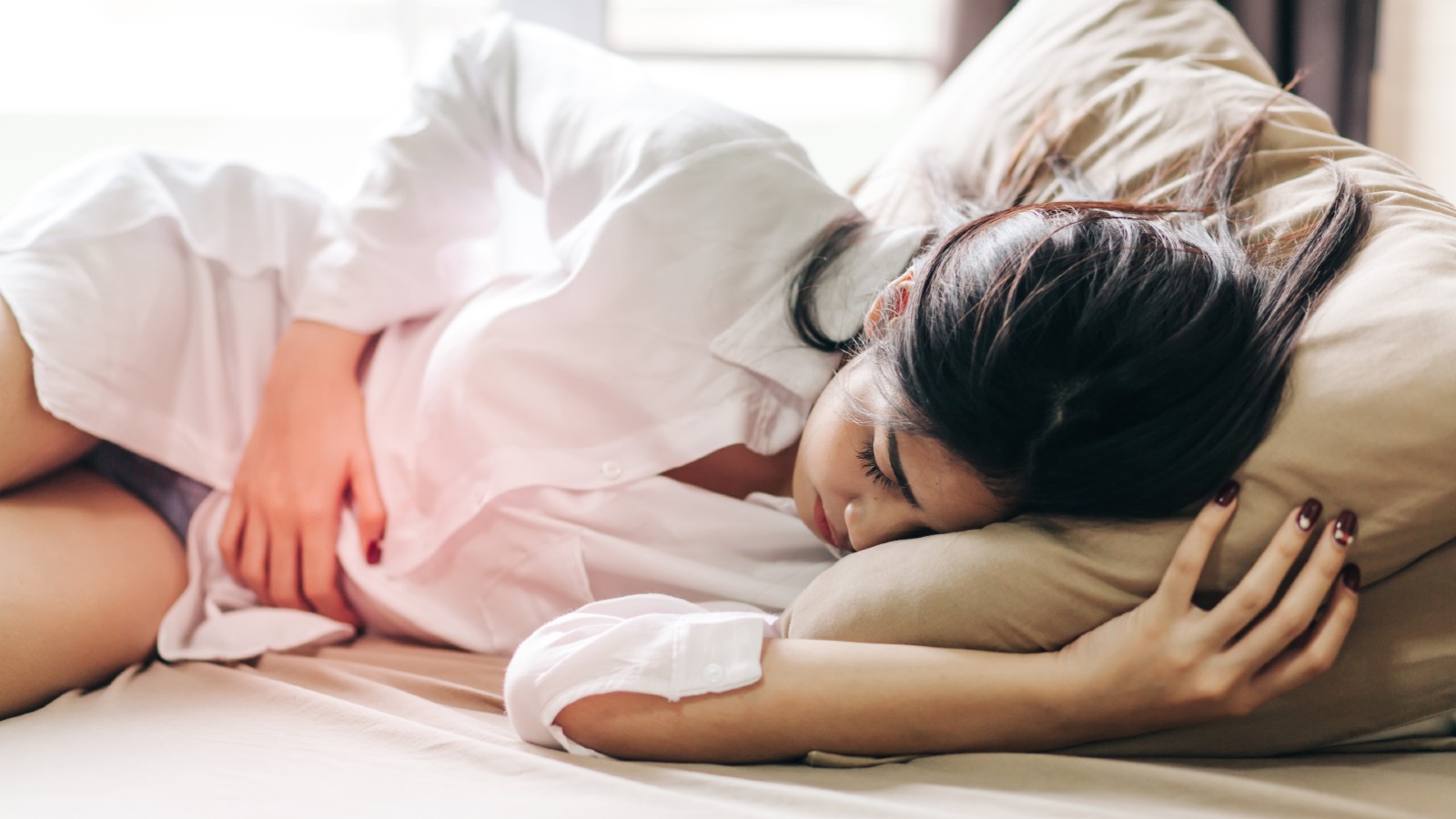Have you ever wondered if the weather can affect your periods? Well, you’re not alone. Many women have noticed changes in their menstrual cycles based on the weather conditions. It’s fascinating how something as seemingly unrelated as the temperature or sunshine can have an impact on our monthly cycles.
Today, we will find out the connection between weather and periods, discover the scientific evidence, and shed light on how different weather patterns can influence your menstrual cycle.
Contents
How Does Weather Affect Periods?

While a direct link between specific weather and periods isn’t fully established, there are several ways weather can indirectly impact your menstrual cycle:
Temperature:
- Increased heat: During hot weather, you might experience longer or more frequent periods due to changes in hormone levels, particularly in adolescents and women nearing menopause. Additionally, the heat can exacerbate period symptoms like fatigue, cramping, and bloating.
- Decreased temperature: Colder months may see shorter cycles or even slight delays due to hormonal changes associated with winter. However, the evidence for this is less conclusive compared to the effects of heat.
Seasonal changes:
- Sunlight exposure: Increased sunlight exposure during summer months can stimulate hormone production, potentially influencing your cycle length. Conversely, less sunlight in winter may contribute to hormonal fluctuations.
- Stress: Seasonal changes like holidays or travel can induce stress, which in turn can affect your menstrual cycle timing and symptoms.
Indirect factors:
- Hydration: Dehydration, which can be more common in hot weather, can lead to fatigue and discomfort, mimicking period symptoms. Adequate hydration is crucial for overall health and menstrual well-being.
- Lifestyle changes: Weather can influence your activities and routines. Spending more time indoors during cold weather might lead to less exercise and altered sleep patterns, both of which can affect your cycle.
The Influence of Temperature on Menstruation
1. Cold Weather and Periods
The connection between weather and menstruation is a topic that has intrigued researchers for years. One factor that has been explored is the impact of cold weather on menstrual cycles. Studies have shown that cold weather can affect the length and intensity of periods.
In cold weather, the blood vessels in the body constrict, which can lead to decreased blood flow to the pelvic area. This can result in longer and more painful periods. Additionally, the cold weather acts as a vasoconstrictor, causing the uterus to contract more, resulting in heavier bleeding.
2. Hot Weather and Periods
On the other end of the spectrum, hot weather can also have an impact on menstrual cycles. When exposed to warmer temperatures, the body secretes more hormones and experiences increased ovulation frequency. This can lead to shorter menstrual cycles and a decrease in the length of periods.
Moreover, excessive heat and humidity can create a breeding ground for bacteria, leading to an increased risk of vaginal infections. Yeast infections, in particular, are more common during the summer months. Excessive sweating can also cause electrolyte imbalances and itchy skin.
Tips for Managing Periods in Different Weather Conditions

Whether you’re facing hot and humid summers or chilly winter days, these tips can make a difference:
1. Stay Hydrated
Regardless of the weather, it’s important to stay hydrated during your period. This can help keep your body functioning properly and may help ease symptoms like bloating and cramps. Did you know? Dehydration can worsen menstrual symptoms and lead to discomfort, so make sure you’re drinking plenty of water throughout the day.
2. Dress Comfortably
In hot and humid weather, it’s essential to wear breathable fabrics that help wick away moisture. Opt for cotton underwear and loose-fitting clothing to allow air circulation and reduce sweating. On the other hand, in colder weather, layer up and wear warm clothing to keep yourself cozy.
3. Adjust Your Exercise Routine
Exercise can help relieve period symptoms and boost your mood, regardless of the weather. However, during extremely hot or cold weather, it may be necessary to make some adjustments to your workout routine. Consider indoor exercises, like yoga or pilates, during scorching summers, and make sure to bundle up and warm up properly in chilly winters.
4. Prioritize Self-Care
Weather changes can sometimes contribute to an imbalance in hormones, impacting your menstrual cycle. During these times, it’s important to prioritize self-care and give your body the rest it needs. Take time to relax, practice stress-management techniques, and engage in activities that bring you joy and comfort.
5. Consult a Healthcare Provider
If you’re experiencing significant changes in your menstrual cycle due to weather conditions, it’s always a good idea to consult a healthcare provider. They can provide personalized advice and suggestions based on your specific circumstances.
Frequently Asked Questions
Can warm weather delay your period?
Yes, warm weather can potentially delay your period due to the combination of stress and fatigue, which can disrupt your menstrual cycle.
Why is my period worse in hot weather?
Hot weather can impact hormone balance, leading to longer periods and increased pain. Temperature changes can throw off the body’s ability to regulate temperature, affecting menstrual symptoms.
Can a cold affect your period?
Yes, physical illness, such as a bad cold or flu, can disrupt your period. Major illnesses may cause you to skip your period altogether. It is important to inform your healthcare provider if your period becomes consistently irregular.
I am a medical student with experience and interest in Women’s health and well-being.